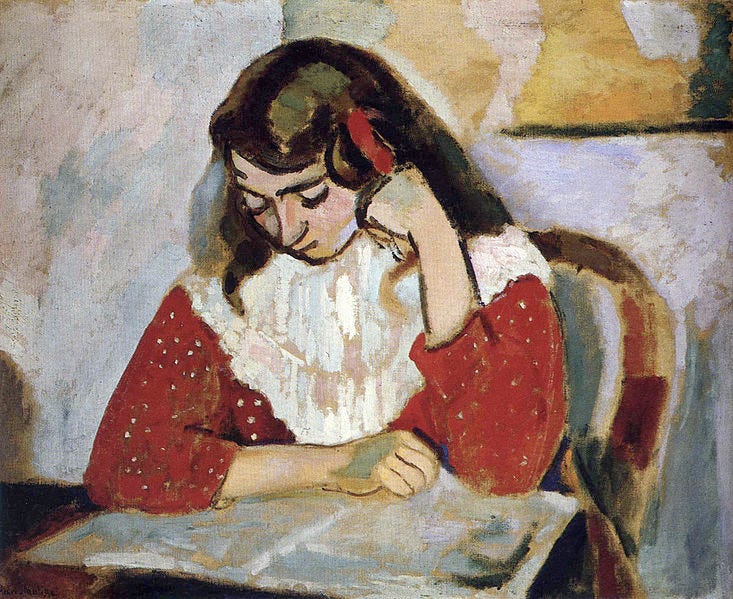Volume 4
During the month of August we will be sharing summer reading lists, experiences, and suggestions from the IHR community. If you’d like to share your own, please Tweet (X) us @ihr_history.
Daniel Snowman has been a Senior Research Fellow at the IHR since 2004. Among other books he has been reading over the summer break is France on Trial: The Case of Marshal Pétain by Julian Jackson. Pétain’s long and controversial career during both World Wars has led Daniel to speculate on how far the job of the historian is to try and explain the events and personalities of the past and how far to try and pass judgement upon them.
Is it the Job of the Historian to Judge the Past?
During the month of August we are sharing summer reading lists, experiences, and suggestions from the IHR community. If you’d like to share your own, please Tweet (X) us @ihr_history.
This edition was written by Daniel Snowman, a Senior Research Fellow at the IHR since 2004. Among other books he has been reading over the summer break is France on Trial: The Case of Marshal Pétain by Julian Jackson. Pétain’s long and controversial career during both World Wars has led Daniel to speculate on how far the job of the historian is to try and explain the events and personalities of the past and how far to try and pass judgement upon them.
Was Philippe Pétain a good guy or a bad guy? Pétain led the French Army to victory against the Germans in the Battle of Verdun in 1916, a decisive turning point in the first World War.
After the War the nation’s heroic Maréchal, by then into his 60s and having seen up-close the suffering that warfare can impose, was determined to do all he could for the rest of his life to avoid, or at least minimise, any further such barbarity.
The Second World War broke out a generation later and in May 1940 German armies invaded France. In June, Pétain became head of the French government and signed an armistice with the occupying enemy. Northern France would be under the control of the Third Reich while much of the south, to be based in the spa town of Vichy, would nominally remain in French hands. The two regimes, it was agreed, would collaborate under what would be essentially German terms. In October, Hitler and Pétain met and were photographed shaking hands.
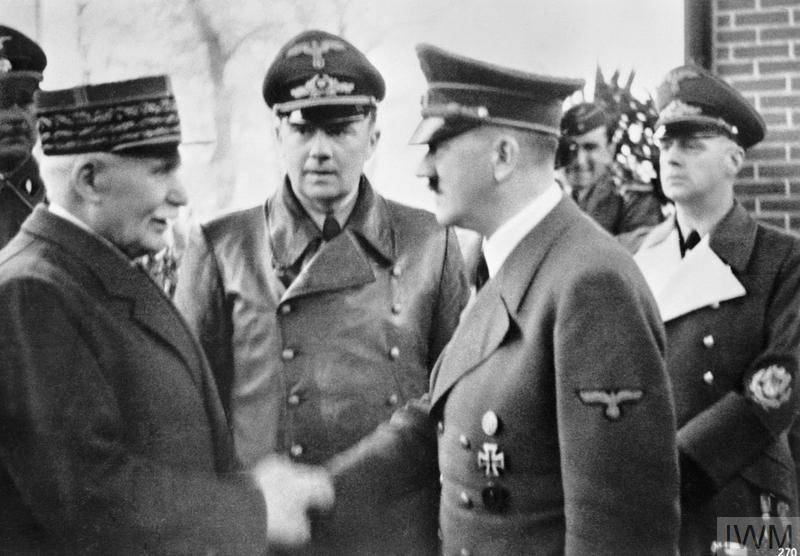
Julian Jackson, British born and Cambridge educated, is a leading historian of 20th-century France, much of his work focusing on the wars and depressions by which France was afflicted and the lives of pivotal figures such as Charles de Gaulle. And now Pétain. The new book is not a formal biography. Rather, a thoroughly researched and vividly narrated attempt to understand and assess a man alternately among the most admired and most abhorred in modern French history. And to do this, Jackson invites us to sit in on the trial, starting on 23 July 1945, at which the frail and elderly Maréchal was accused of treason.
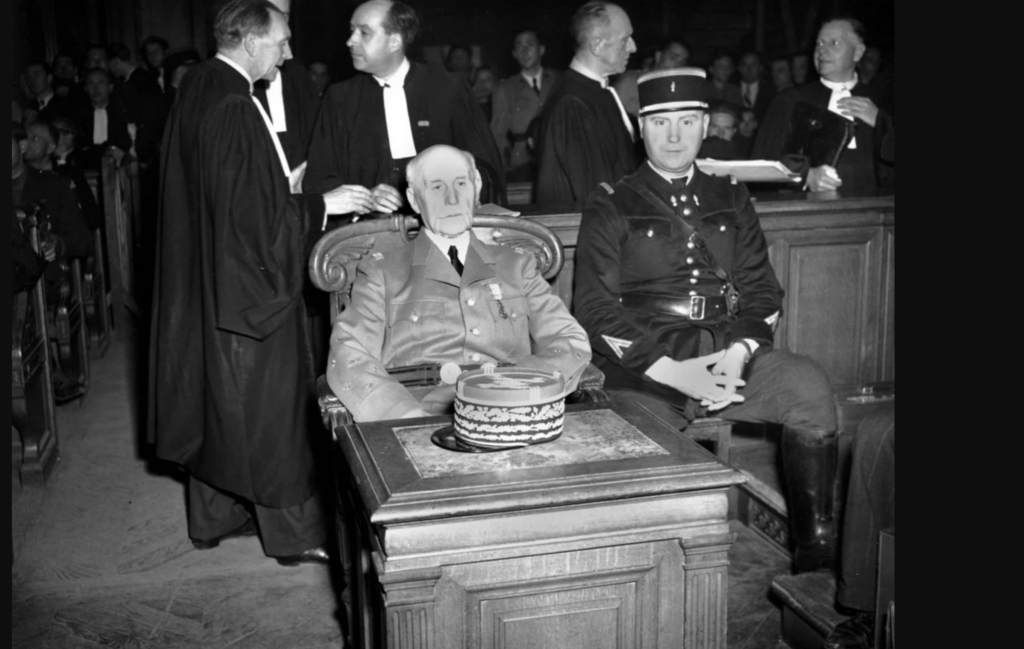
Pétain was found guilty and sentenced to death. However, General de Gaulle, President of the Provisional French government, agreed to commute the sentence to life imprisonment and Pétain was incarcerated on the Île d’Yeu, a small island off the Brittany coast, where he died in 1951, aged 95. Before the trial Pétain had proclaimed that, if no longer able to be his nation’s sword, he sought to be its shield.
Was Pétain a true shield of the French people, a morally committed leader determined to do all he could to limit the suffering of his beloved compatriots? Was he wrong to sign an armistice with the Nazi invaders who, many believed at the time, would be the inevitable victors of the current war? Might his decision to collaborate with the enemy, if regarded by some as illegal, have at least been understood as ‘legitimate’ given the circumstances of the time?
To some degree Pétain had stood up to the Nazis, as Jackson reminds us. In May 1942 Pétain rejected the Nazi demand that Jews living under the Vichy regime wear a yellow star, and the following year, when the Germans ordered the denaturalization of all Jews in the ‘Unoccupied Zone’, Pétain refrained, knowing that this could lead to their mass arrest and deportation.
Might Pétain have been able to oppose the Nazis more effectively if only he had been a more forceful political leader? Might the fate of French Jews have been worse if Pétain had not collaborated with Nazis?
At one point, Jackson touches on these ‘what ifs’, the kind of counterfactual issues some historians like to consider (a topic on which I was something of a pioneer in a book first published back in 1979). But more than that, the Pétain story raises fundamental questions about whether, how and to what extent we can, or even should, feel we can judge the past at all.
The ‘past’ is always there. It is what happened. And even if nobody ever wrote about it – or even knew about it – the past would still be there. What happened in the past did happen. But what happened in ‘history’ is another matter altogether. History is not what happened; it is what has subsequently been said or written or exhibited or broadcast about what happened. And every age tends to recreate its own history, its own version of the unchanging past according to the latest social and intellectual trends. This essay is not just about the past. It is also about ways in which aspects of the past are constantly reassessed by later generations of historians.
Consider not only Pétain but earlier controversial figures, similarly loved and hated, such as Oliver Cromwell, Jefferson Davis or Roger Casement. Can the British (or French) Empire, or the Catholic church over the course of its history, be labelled as ‘good’ or ‘bad’? What about historical artworks? Should a novel, once revered as ‘great’ but now regarded as ‘racist’ or ‘sexist’ (eg: Mark Twain’s Huckleberry Finn), be censored? Should we eschew the works of Handel since, after all, much of his income was derived from investments in the slave trade? What about paintings by that murderer Caravaggio or a molester of young girls like Gaugin, or the Nazi-commissioned films of Leni Riefenstahl or sculptures of Arno Breker? Was Lenin a leader who genuinely wished, if necessary through violent means, to bring to the people a more egalitarian, post-Revolutionary set of values? Or what of Abraham Lincoln, who helped retain the unity of his country and free the USA of slavery as a by-product of a four-year civil war that cost some two million lives? Should he, like Gorbachev, have reluctantly acknowledged the division of the country over which he ruled and gone into dignified retirement?
Then there was Winston Churchill, a recurrent figure in the Jackson book whose wartime Prime Ministership of Britain overlapped almost exactly with the period from Pétain’s takeover as leader of the Vichy regime until his trial in July 1945. Churchill was a major figure in my childhood. I was born the year before the outbreak of World War II and grew up knowing that ‘we’ won the war and that Churchill had in all probability saved my life. In 1959, while a student at Cambridge, I went to see Churchill, then nearly 85, deliver one of his last public speeches. By now a bent and somewhat flabby old man, he had come to Cambridge to dedicate the ground on which Churchill College was to be built.
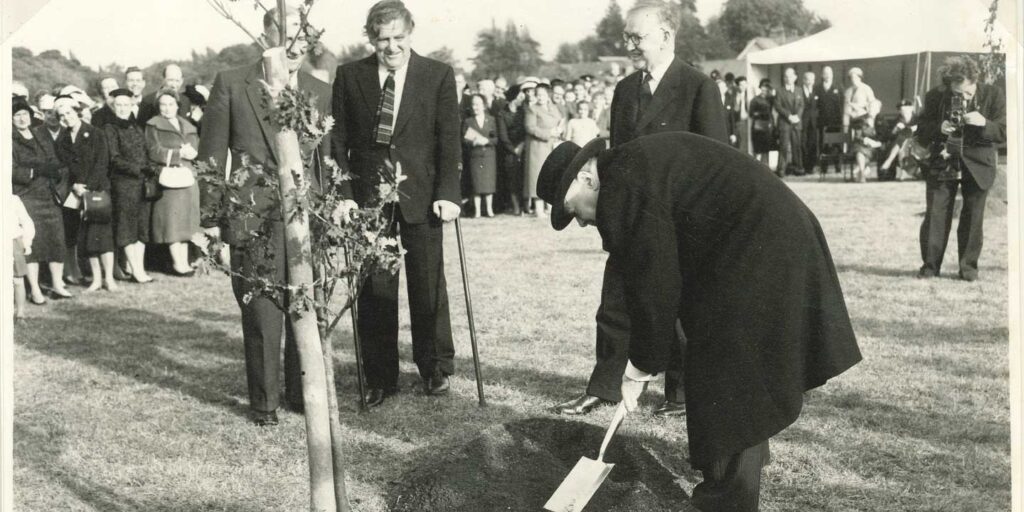
Image courtesy of the Churchill Archives Centre, Churchill College, Cambridge
When the ceremony was over, Churchill’s car drove slowly past me. For a fleeting moment, those once fierce eyes looked out benignly into mine, and into those of a young German girl who was accompanying me. She and I waved back, and fancied that we had been present at possibly the final page in one of the most remarkable chapters of British history.
Later, I learned in some detail about how the younger Churchill had been a ruthless white racist, the very embodiment of an old-fashioned British imperialism which I, with my growing aspiration towards a cross-cultural internationalism, found utterly abhorrent.
Let me return to France. And that greatest, and most controversial of Pétain’s predecessors, Napoleon. Was Napoleon primarily a ruthlessly ambitious, egomaniacal conqueror? Or an energetic advocate of higher education, a would-be conciliator with Jews across Europe and the instigator of a properly functioning banking system and a civilised, accessible legal code? When Pétain shook hands with Hitler in 1940 there were echoes of the 1807 Tilsit agreement between Napoleon and Tsar Alexander 1 which ended hostilities between the two emperors. In the context of 1940, says Jackson, ‘Hitler was Napoleon and Pétain was Alexander’. And in 1840, precisely a century earlier, Napoleon’s remains were returned from the island of Saint Helena to France and ceremoniously placed in the Hôtel des Invalides in Paris.
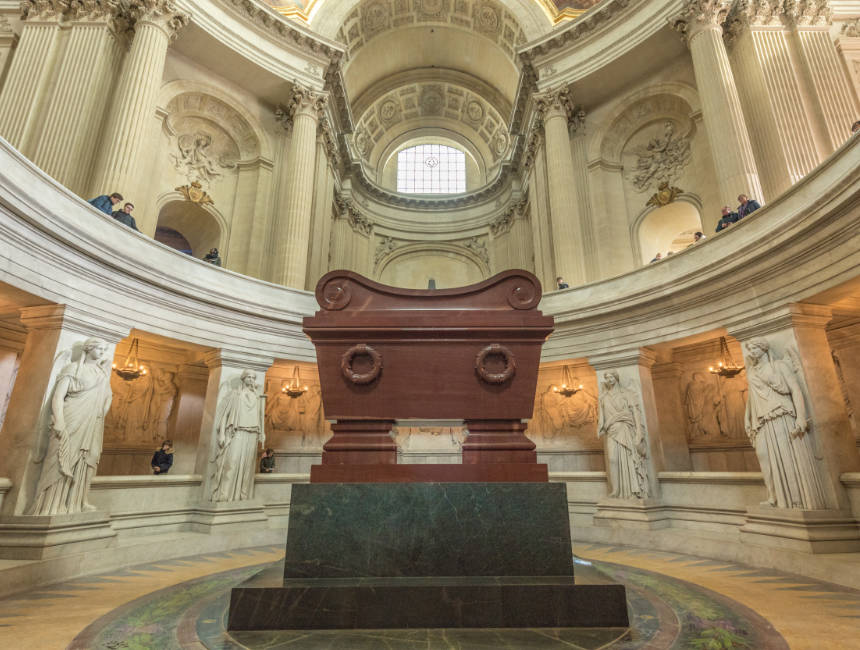
The story of Pétain and his historical assessment, too, didn’t end with his death. On the contrary, the disputes and debates about his legacy have continued (like that of Churchill) from that day to this. Soon after the passing of their beloved Maréchal, supporters of Pétain argued passionately, but in vain, that his body should be transferred to the Ossuary of Douamont, a memorial to the soldiers who had died at Verdun. Rather as Napoleon’s remains had been transferred to the Invalides. And in our own time, Pétain has been proclaimed a heroic patriot yet again, especially by many among the French far-right such as Éric Zemmour, a prominent (Jewish-born) candidate for the Presidency in 2022. But when in November 2018, to mark the centenary of the end of World War 1, President Macron said it was legitimate to pay tribute to Marshal Pétain who had helped lead the French army to victory, he raised a storm of protest, especially on the left. While acknowledging Pétain’s subsequent collaboration with the Nazis, Macron added wisely: ‘I pardon nothing, but I erase nothing of our history’.
I wonder how we will be judged by future historians. What might be pardoned and what erased? You and I may realise that many people and places of the past, once celebrated by historians, were often racist and sexist in ways we would find intolerable. Something of this has been rectified by recent scholarship so we can now perhaps look back on earlier times with a more balanced view. But how will our intellectual successors look back upon our own failures and inadequacies? Not just the possibility of increasing warfare between enemy states and regimes, but our evident incapacity to confront and resolve the imminent climate crisis that could possibly threaten the entire future of humanity? Let’s hope that, like all good historians, those in the future (if there are any!) won’t simply judge us. Rather, that they might try to understand the era in which we are living, the attitudes and actions of our times and how these might have contributed to the potential non-viability of humanity on this overpopulated, overheating little planet of ours.
All of which leads to me to expand my current reading list. To add not only those current publications that focus on a particular time, place or personality (as Jackson’s Pétain book does so brilliantly), but also those that encourage us to look back from the perspective of our own disturbing world and view the past over a far broader horizon. For example:
- The Earth Transformed: a bold attempt by that most global of historians Peter Frankopan (author of Silk Roads) to understand human history as in part a response to earlier periods of ecological threats or crises: droughts and floods, fires, volcanoes, earthquakes and ice ages.
- Ignorance: A Global History by that great pioneer of cultural history (and my friend and former Sussex colleague) Peter Burke. Peter’s latest book, following earlier works on eg: the social history of knowledge, examines the opposite: Ignorance. Not just what we don’t know but what people over the centuries have chosen not to know, and why.
- Foreign Bodies: Pandemics, Vaccines and the Health of Nations in which Simon Schama, in the wake of Covid-19, looks back over the outbreak of earlier plagues and pandemics and attempts to show how these have often been blamed on (and sometimes even solved by) Jews and other social outsiders.
- And, if I might add one that helps place the Pétain story in a broader context, Germany in the World: A Global History, 1500-2000 by the British born, American based historian David Blackbourn. This (like the 2010 publication The German Genius by Peter Watson) should help overcome the widespread identification of ‘German history’ as almost exclusively the rise and fall of Nazism.
Do I immerse myself too much in the past as a way of distracting myself from worries about the present and future? Maybe. But let me conclude with the wise words of the French historian (and co-founder of the Annales School) Marc Bloch – who was executed by the Nazis in 1944:
“Misunderstanding of the present is the inevitable consequence of ignorance of the past.”

